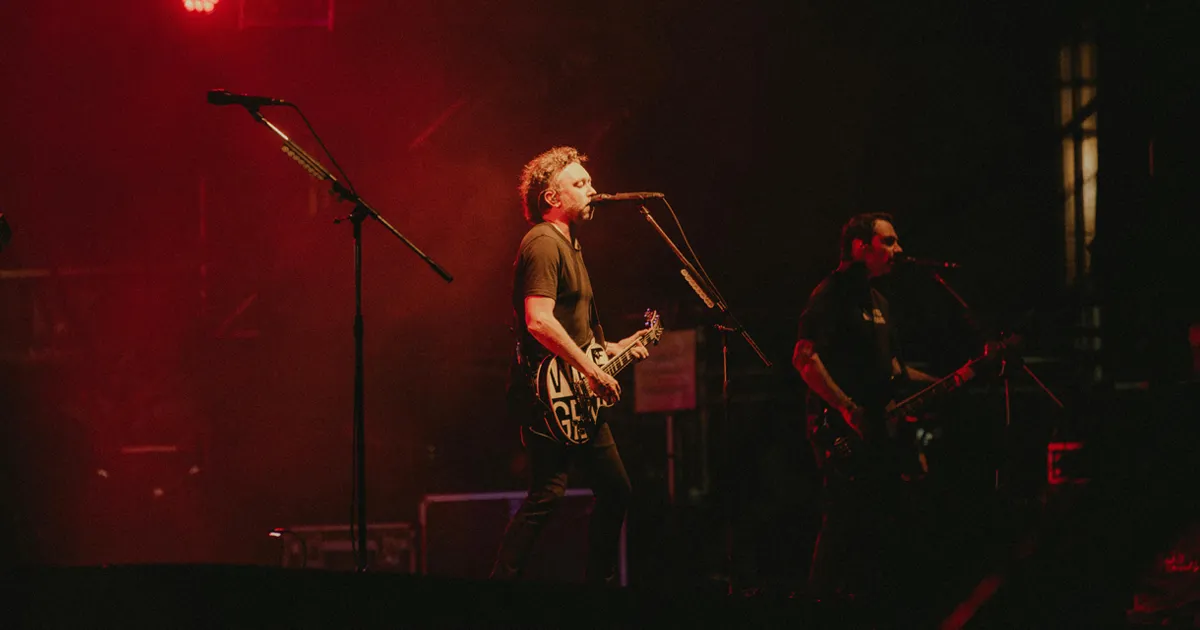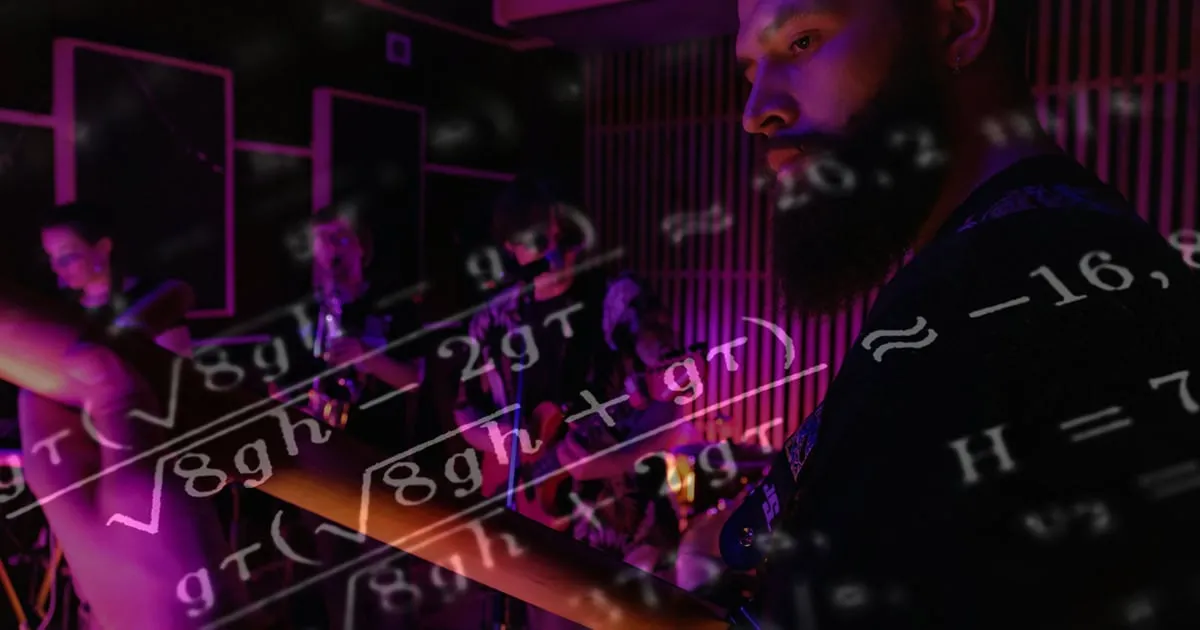By Ken Consor of Songtrust.
When you hear a song on the radio, who gets paid?
It’s probably not who you think. Today, we’re going to answer your questions and squash one of the most common misconceptions in the royalties/music publishing world.
Let’s start with an example:
Remember Britney Spears “…Baby One More Time”, the international chart-topping smash hit from the late 90s? You know it as a Britney Spears song, but Britney did not actually write any of it.
When we talk about music publishing, we must always differentiate between songwriter and artist. As music publishers, we are focused on songwriters – protecting their rights and helping them collect royalties. For most of the Billboard Hot 100, the artist did not write the hit song on their own. They either used a team of songwriters or ‘cut’ (recorded) someone else’s composition entirely. In our example case, Britney wrote none of the song. It was written by one of the most important and successful songwriters of our generation, Max Martin.
So, for our example –
Artist/Performer: Britney Spears
Songwriter: Max Martin
Royalties and Radio:
Radio airplay is considered a public performance. Public performances generate performance royalties for songwriters, which are collected by the PROs (ASCAP, BMI, or SESAC). In the US, terrestrial broadcasters (AM or FM stations) do not pay performers or sound recording copyright owners; they only pay the songwriters.
So, for every time “…Baby One More Time” plays on the radio – Max Martin and his publisher receive performance royalties from ASCAP (Max’s PRO). However, the performer Britney does not earn any royalties.
(Note: some other performance royalty sources, including internet radio, do pay performers and sound recording copyright owners. If you are a recording artist or copyright owner, you should register with SoundExchange to collect royalties from these sources.)
Overview:
Performers/Artists do not earn any royalties each time a song is played on the radio – performance royalties are split among the songwriters.
Of course, oftentimes the performer/artist is also one of the songwriters. In those cases, they would earn their share of the songwriter royalties, depending on how much of the song they wrote.
Performers, artists, and record labels use broadcast radio as a promotional tool to expose their music to more fans and hopefully sell more records. Luckily, songwriters and publishers are able to earn performance royalties from radio airplay.
[Thumbnail image via Broadcasting World.]
Related articles






